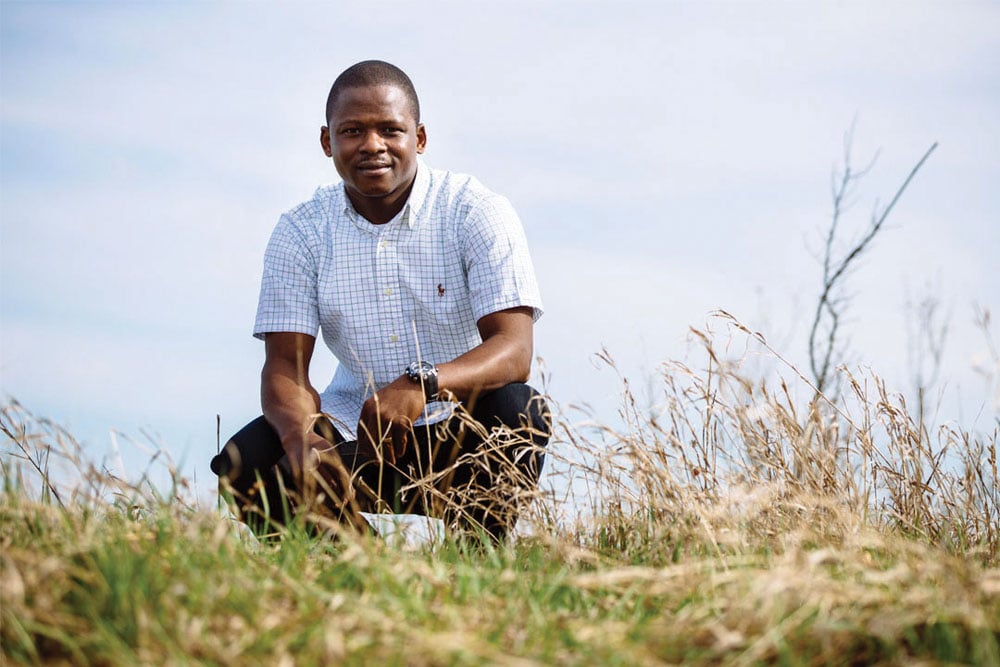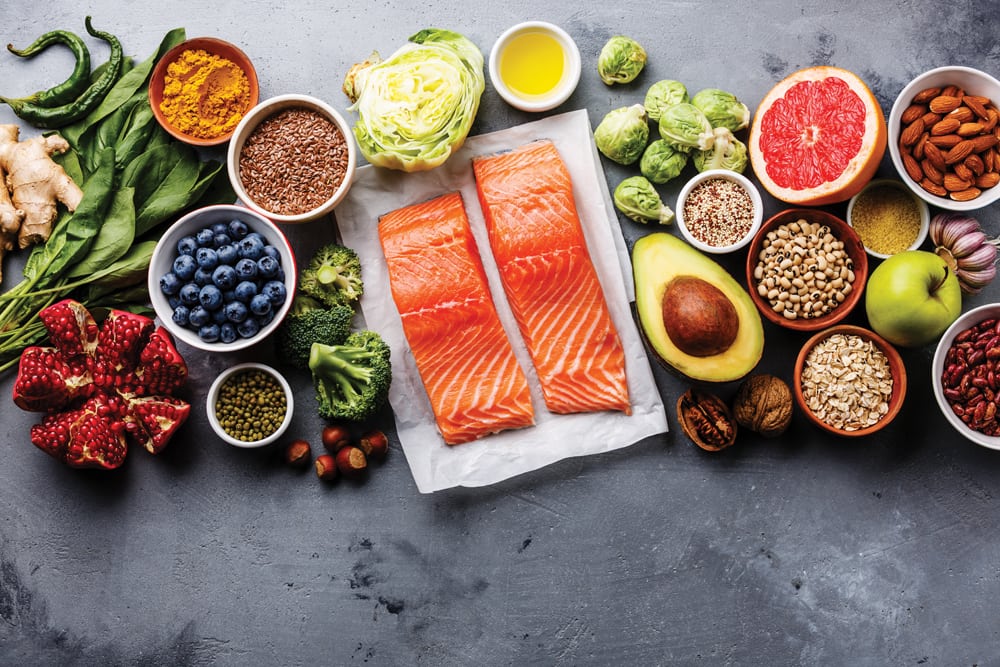Apopular diet that eliminates wheat and milk protein does not appear to help children with autism, but early behavioural treatments do, researchers reported May 19.
The findings are sure to disappoint many parents who have been trying to manage autism.
“It would have been wonderful for children with autism and their families if we found that the gluten-free, casein-free diet could really help, but this small study didn’t show significant benefits,” said Dr. Susan Hyman of the University of Rochester in New York, who led the study.
Read Also

Flour production slumps in the U.S., increases in Canada
U.S. flour production in 2025 was the lowest in 14 years.
Gluten is the protein found in wheat , rye and other grains, while casein is a milk protein.
“The removal of gluten and casein from the diet of a controlled group of young children with autism, all of whom were screened for celiac disease … did not demonstrate a change in sleep habits, bowel habits, activity or core symptoms of autism,” Hyman said.
Autism includes a range of conditions, from the social awkwardness seen in Asperger’s syndrome to profound and severe disabilities. There is no cure and little information about treatments that work.
Hyman’s team studied the diet after seeing Internet reports from parents who believed they saw effects in their children. There is some evidence linking autism with some potential abnormality or activity in the intestines and theories suggest proteins absorbed in the bowels may affect autism symptoms.
They tested 14 children aged two to five, making sure they did not eat gluten or casein.
After at least four weeks on the strict diet, the children were randomly given snacks containing either gluten, casein, both or placebo in randomized order. The snacks were disguised so neither the child nor the caregiver knew they contained a “hidden” ingredient.
Parents, teachers and a research assistant filled out standardized surveys about each child’s behaviour the day before they received the snack, two hours after and 24 hours later, and the parents kept a diary throughout the experiment about eating, sleep and bowel habits.
The children were videotaped to assess social interaction.
There were no differences af ter the chal lenge, the researchers told the International Meeting for Autism Research in Philadelphia.














